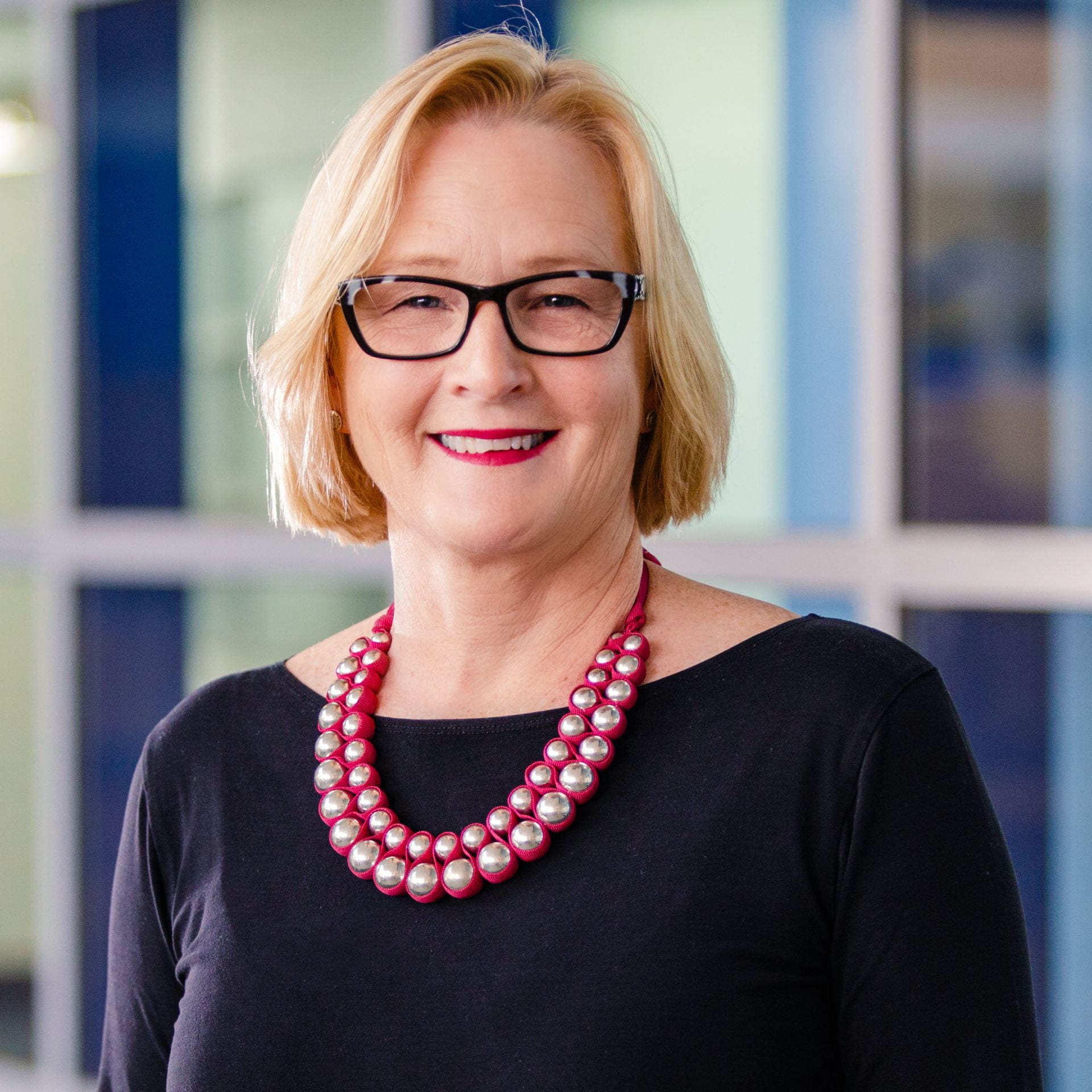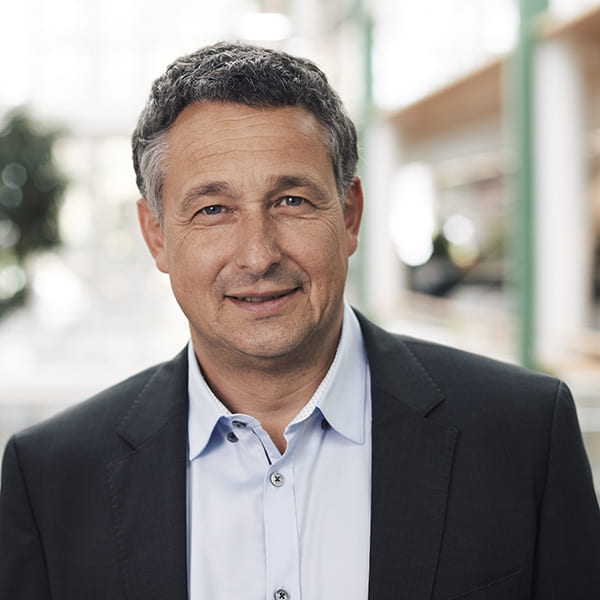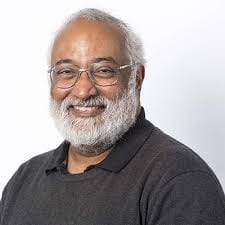Science Advisory Board
Prof. Louise Hickson
University of Queensland, Brisbane, Australia
Louise Hickson is Professor of Audiology and Associate Dean External Engagement in the Faculty of Health and Behavioural Sciences at The University of Queensland. She is recognized internationally as a leader in audiologic rehabilitation and in person and family-centred hearing care. Louise has over 250 publications including 5 books and 20 book chapters and is committed to the transfer of knowledge into practice. Her most recent book is “Patient and Family-Centered Speech-Language Pathology and Audiology” published by Thieme in 2019. The “Active Communication Education” (ACE) program that she developed for adults with hearing impairment and their families has been used in many countries around the world (e.g Sweden, Germany, Korea, USA). Professor Hickson is the Chair of the Phonak Expert Circle on Family-Centered Hearing Care, Chair of the Ida Institute Advisory Board, Fellow and past President of Audiology Australia, and an Editor of the International Journal of Audiology. She has won numerous awards including the International Research Award from the American Academy of Audiology and The University of Queensland Leadership Award.
Professor Gary Housley
University of New South Wales, Sydney, Australia
Gary Housley is a research Scientia Professor at the University of New South Wales, Sydney, where he holds the Chair of Physiology and is Director of the Translational Neuroscience Facility. He has contributed prominently to the understanding of cochlear physiology around noise and age-related hearing loss and molecular neuroscience associated with development, injury, neuroprotection and repair in the nervous system. He has a track record in translational neuroscience with patent filings for drugs and medical devices around neuroprotection and neuro-regenerative applications. He leads a first-in-human DNA therapeutics clinical trial for neurotrophin gene augmentation to enhance cochlear implants, in a multi-centre collaboration with UNSW Sydney, Macquarie University, University of Sydney, the Bionics Institute in Melbourne (U. Melbourne), and the Sydney Cochlear Implant Centre. International research collaborations focus on protection of hearing from noise damage.
Professor Stefan Launer
Sonova Group, Zurich, Switzerland
Professor Launer studied Physics at the University of Würzburg in Germany and conducted a PhD thesis in Hearing Science and Psychoacoustics at the Universities of Göttingen and Oldenburg. He joined Phonak in 1995 as a member of the research team. During his career at Phonak, now Sonova, Stefan managed various teams including Audiological Engineering, Digital Signal Processing & Microelectronics and Acoustic Design. In his current role, he leads the Audiology and Health Innovation program within the Sonova organization. Stefan Launer also holds an Adjunct Professorship in Audiology & Hearing Instrument technology at the University of Queensland in Brisbane.
Professor Ramesh Rajan
Monash University, Melbourne, Australia
Ramesh Rajan’s research focuses on brain injury and sensory processing, predicated on the over-riding hypothesis that a huge part of our internal lives and our interactions with the world are guided by our senses, by what we hear, see, touch, smell, taste and our other senses.
He studies sensory processing in the brain to understand how brain disorders affect the way in which we receive and process information about the world, to shape and guide our internal lives and our responses to the world and how the many cognitive, motor, memory and emotional deficits in brain disorders may flow from disordered sensory processing that distorts our world view and our interactions with self and others. In particular he focuses on models of traumatic brain injury and the processing of sensory information, as well as how brain alterations in conditions like Huntington’s Disease, Multiple Sclerosis, Autism Spectrum Disorders, and Parkinson’s Disease, affect the ability to understand our most powerful communication tool, namely speech, in noisy backgrounds.



